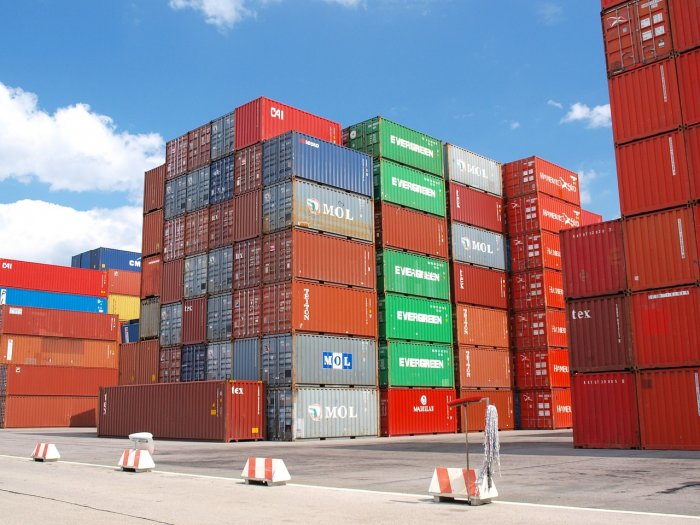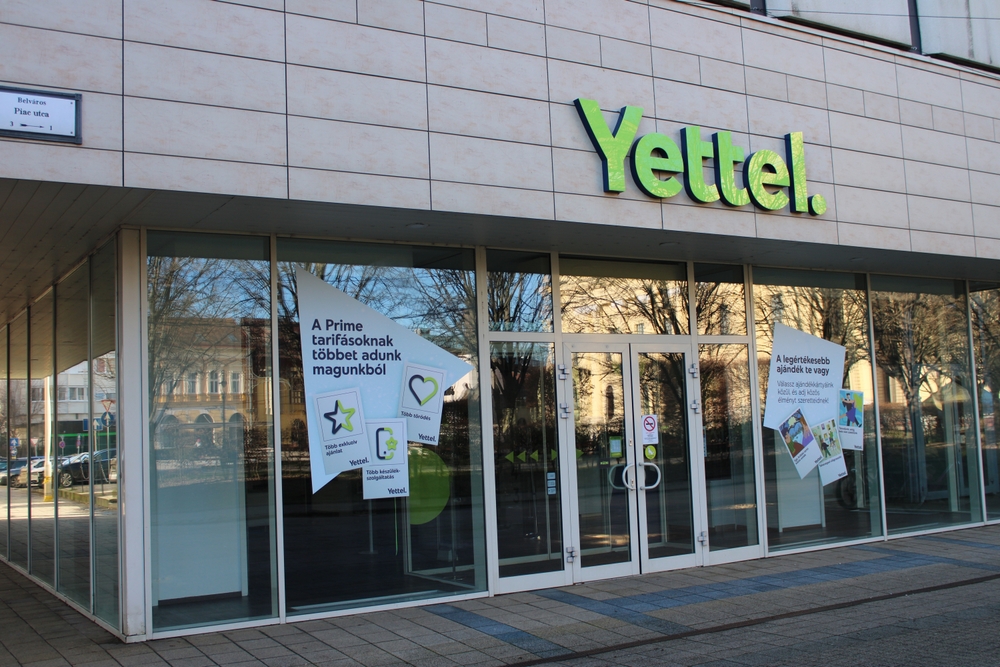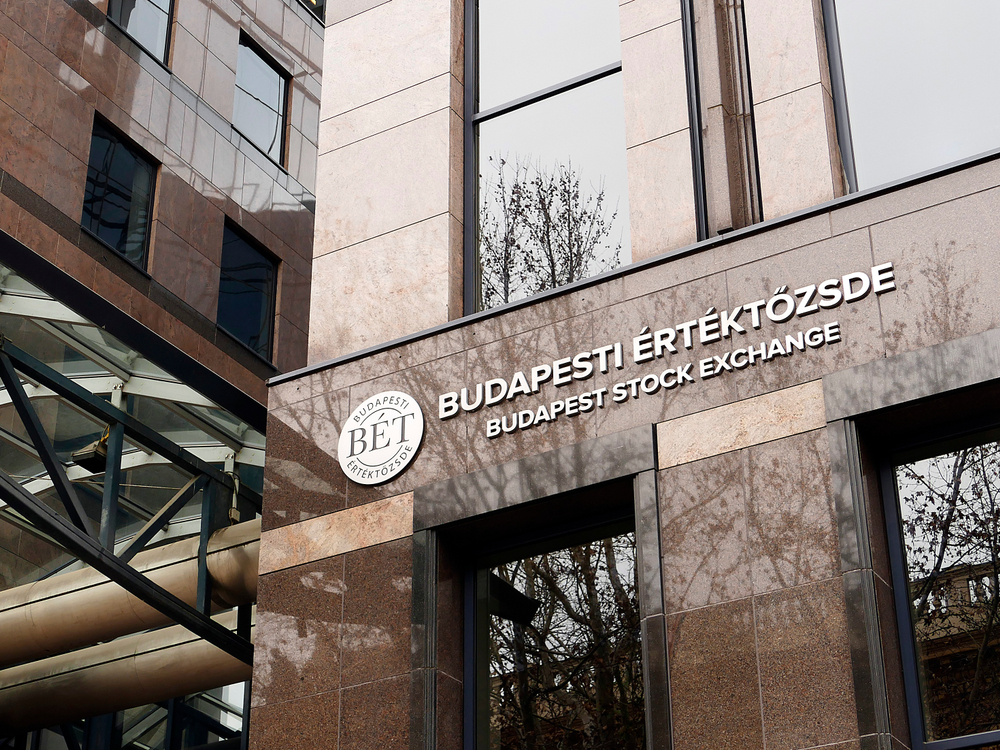Trading House continues to pile up losses

Pixabay
Since its founding at the end of 2012 to promote eastward expansion of trade, state-owned Hungarian National Trading House Zrt. (MNKH) has posted increasing losses every year of its operation, culminating in a loss of almost HUF 6 billion in 2015, Népszabadság reported last Friday.
Founded in the last days of 2012, the state-run firm already posted a loss of HUF 9.3 mln that year. This was followed by losses of HUF 133 mln in 2013 and HUF 2.3 bln in 2014. Some two and a half months late, the institution submitted its financial report for 2015 last Wednesday, revealing a loss of nearly HUF 6 bln last year.
MNKH is 99.25% state-owned, with the remainder held by the Hungarian Chamber of Commerce and Industry (MKIK). It operates under the supervision of the Ministry of Foreign Affairs and Trade (KKM), headed by Péter Szijjártó.
According to the organization’s own website, the aim of the MNKH is to support enterprises capable of exporting in finding adequate business partners on international markets. It also provides state guarantees to partners “in order to facilitate smooth trade activities that are mutually beneficial for both parties.”
Responding to a critical article by online news portal index.hu last Friday, the MNKH argued that “the impact of money spent on export promotion is tangible. Hungarian exports grew to a record level last year, amounting to EUR 90.5 bln, which is an increase of 7.1% compared to 2014.” It added that the MNKH’s partners recorded total revenues from export sales of HUF 760 bln in 2014, rising to HUF 895 bln in 2015. “Export promotion is a service,” it explained. “The cost appears at the Trading House, while the revenue and profit is made by Hungarian small and medium-sized enterprises.”
Index.hu, however, argued that there is no connection between MNKH and the significant growth in exports, noting that most Hungarian export sales are generated by multinational firms operating here, something over which the MNKH has no influence. The share of exports carried out by SMEs, index.hu noted, is negligible by comparison. It also questioned how much of the total amount of exports are directly attributable to deals set up by the MNKH.
From a supplement released by the MNKH with its report, it emerges that despite the huge losses, no reduction in its headcount of 141 white-collar employees has occurred, Népszabadság noted. Based on wage and personnel costs in the report, the newspaper calculated that those employed at MNKH earn an average gross monthly wage of HUF 720,000, without including wage contributions burdening the employer.
The earnings report acknowledges that the company needs to settle its capital status as currently its registered capital does not reach the minimum level required by law. At the same time, the MNKH has a debt of HUF 5 bln owed to the KKM, theoretically due to be repaid by the end of 2017.
An analysis by index.hu noted that, despite the losses, the high costs and high wages at the MNKH could be justified if its export promotion efforts produced visible results and the export performance of SMEs improved significantly. However, it argued that this is not the case, saying that exports to countries in which the MNKH has opened offices have not only failed to grow, but have declined. It added that in some instances, the cost of maintaining the office outstrips the total value of trade turnover.
Index.hu noted that in July, online news service 444.hu successfully sued the MNKH to reveal that it had set up export deals for Hungarian companies worth a total of only HUF 2.8 bln so far.
SUPPORT THE BUDAPEST BUSINESS JOURNAL
Producing journalism that is worthy of the name is a costly business. For 27 years, the publishers, editors and reporters of the Budapest Business Journal have striven to bring you business news that works, information that you can trust, that is factual, accurate and presented without fear or favor.
Newspaper organizations across the globe have struggled to find a business model that allows them to continue to excel, without compromising their ability to perform. Most recently, some have experimented with the idea of involving their most important stakeholders, their readers.
We would like to offer that same opportunity to our readers. We would like to invite you to help us deliver the quality business journalism you require. Hit our Support the BBJ button and you can choose the how much and how often you send us your contributions.









